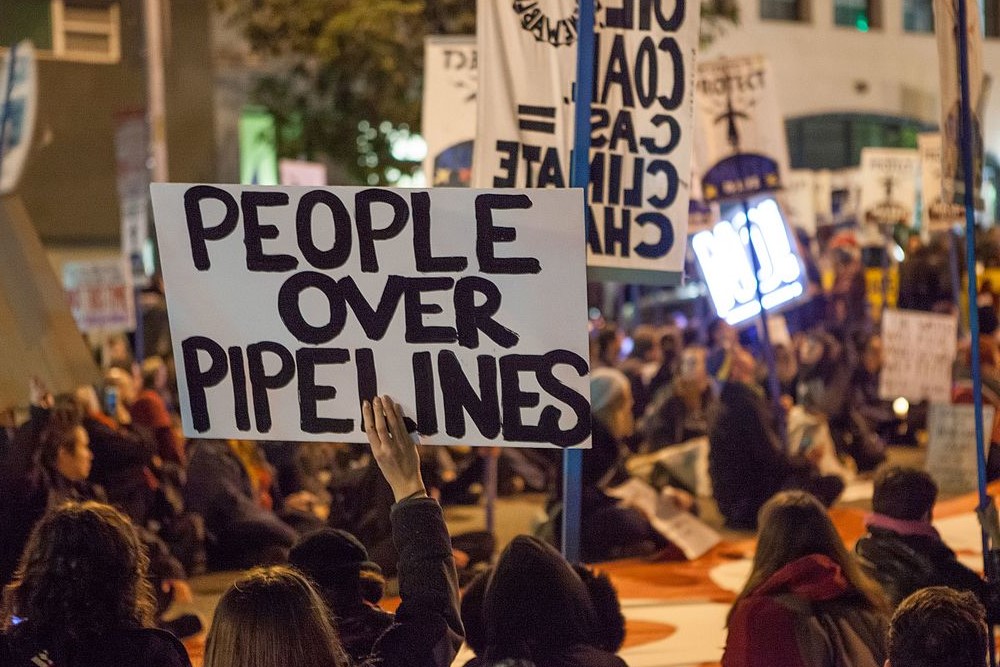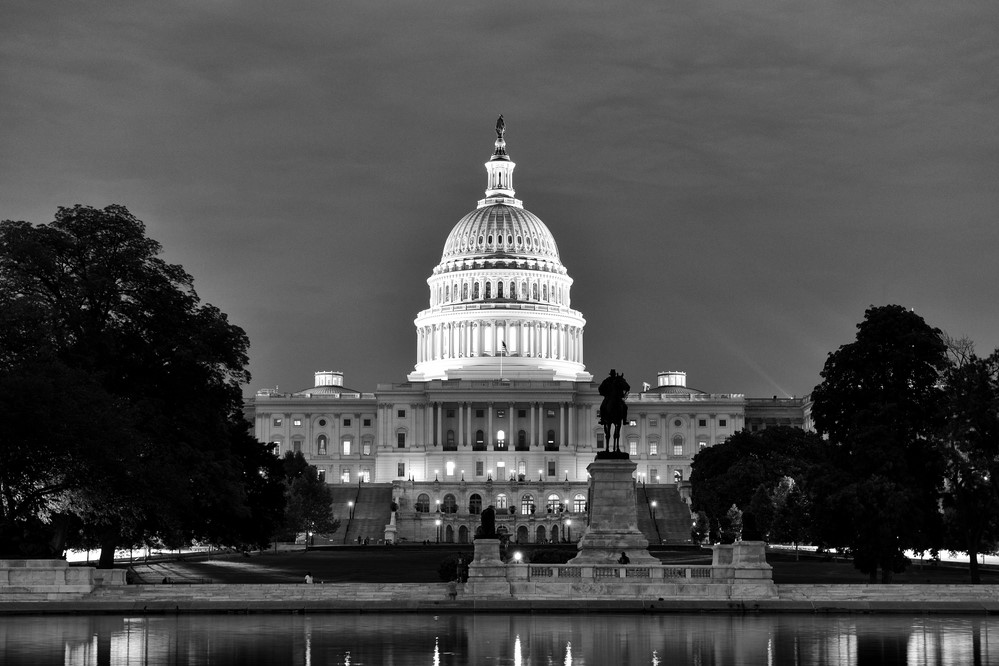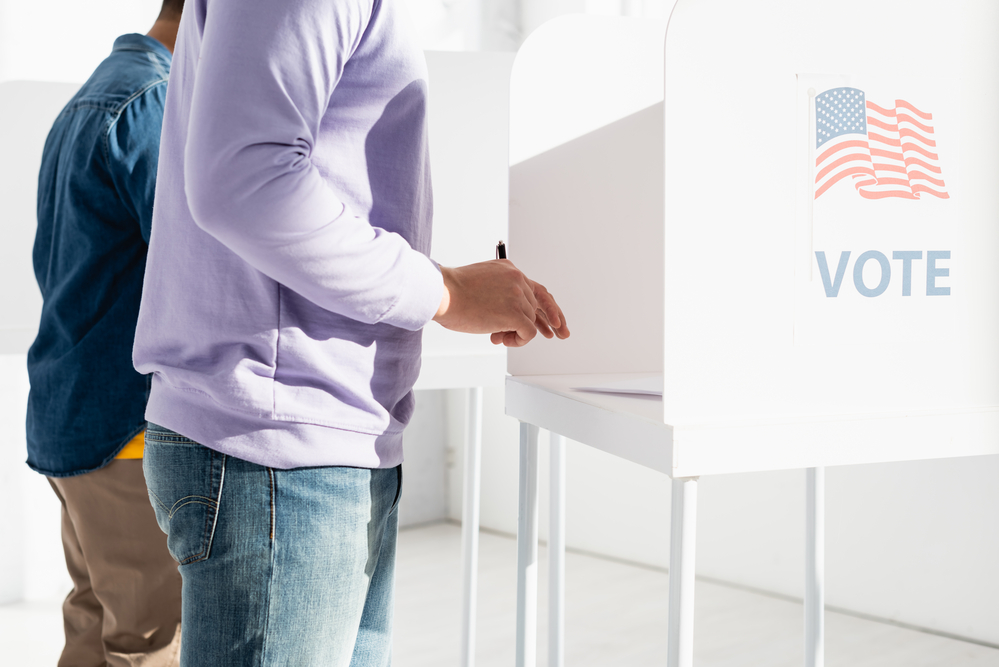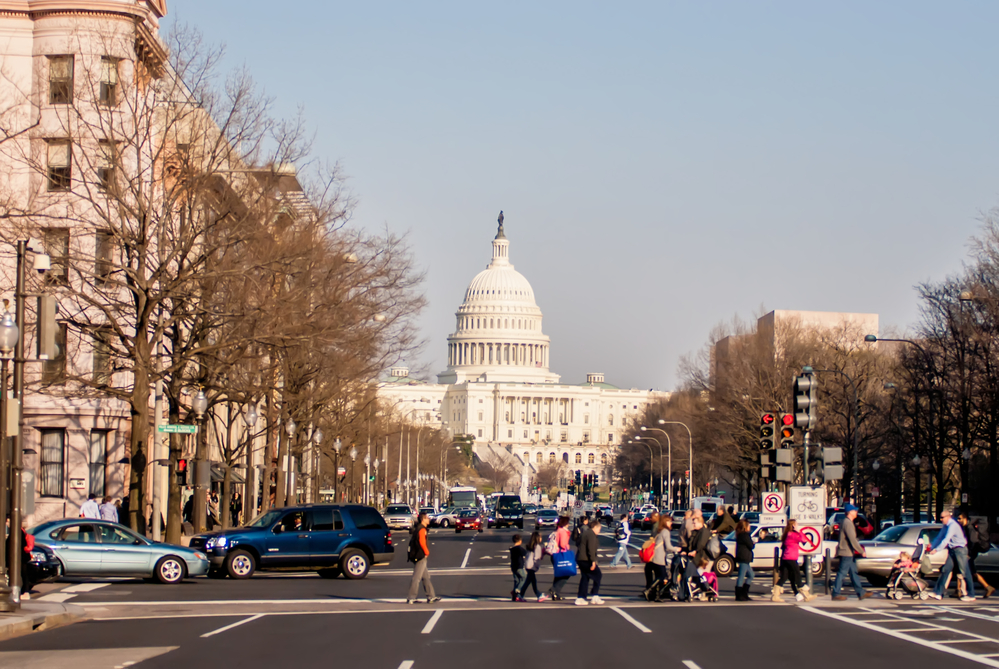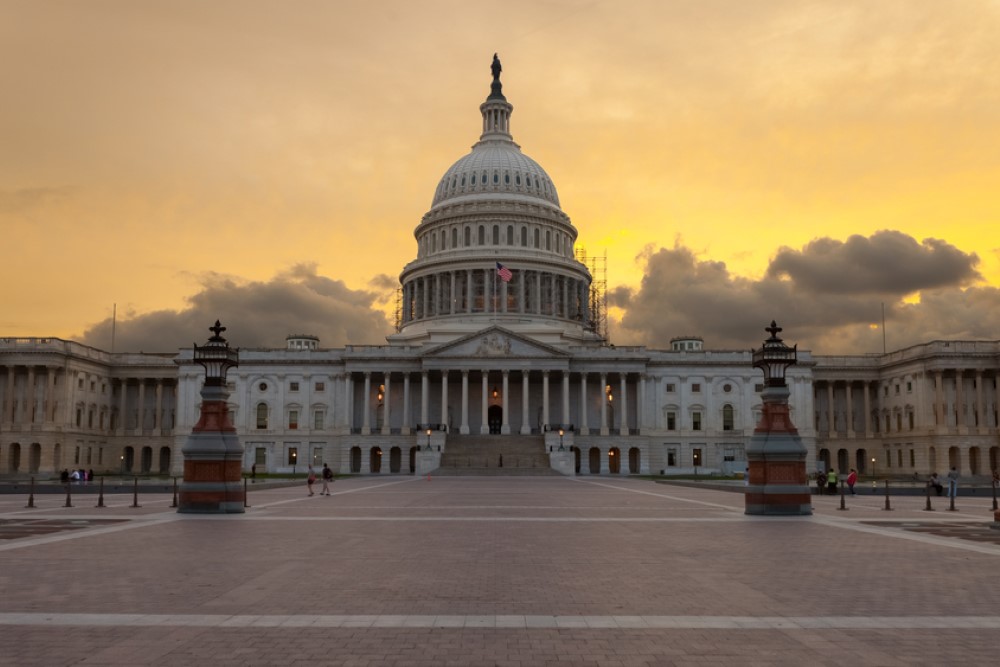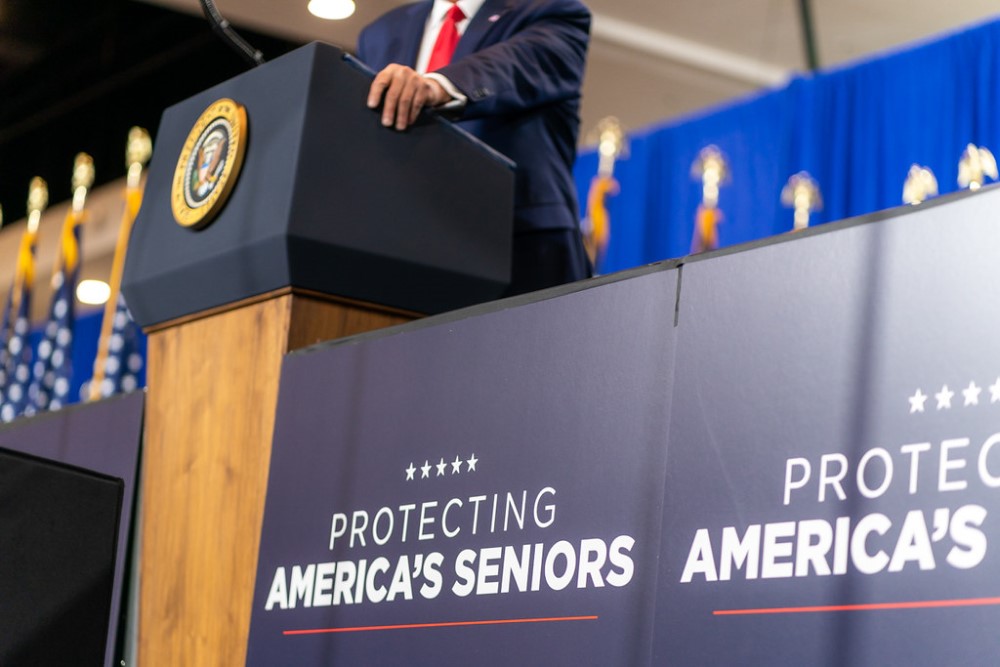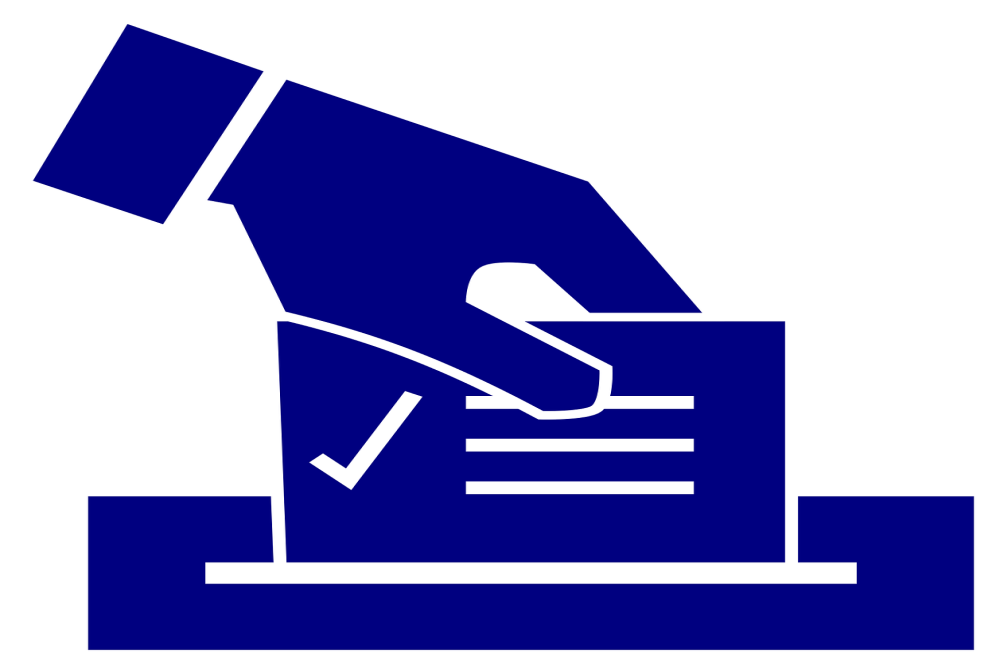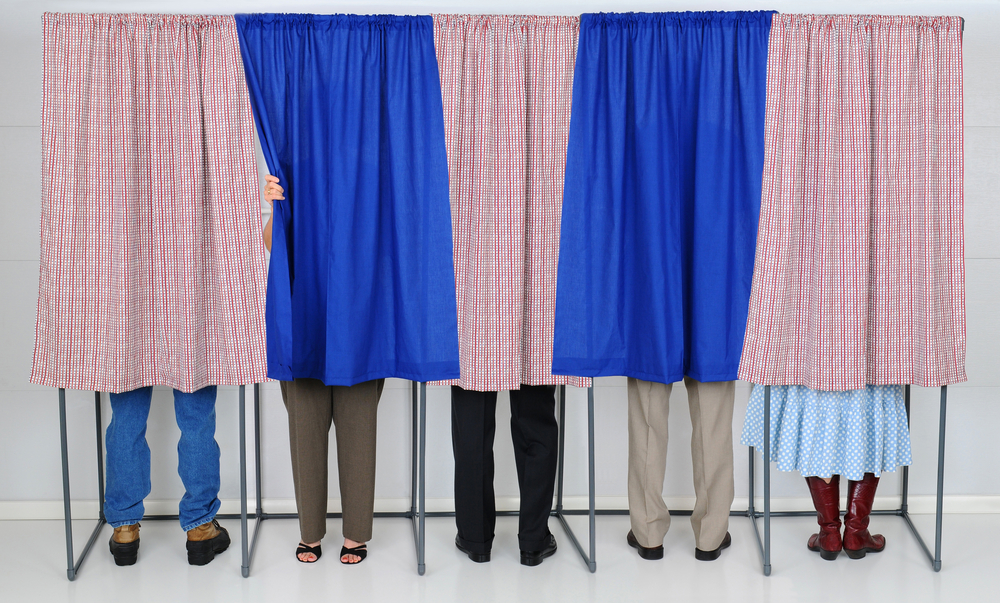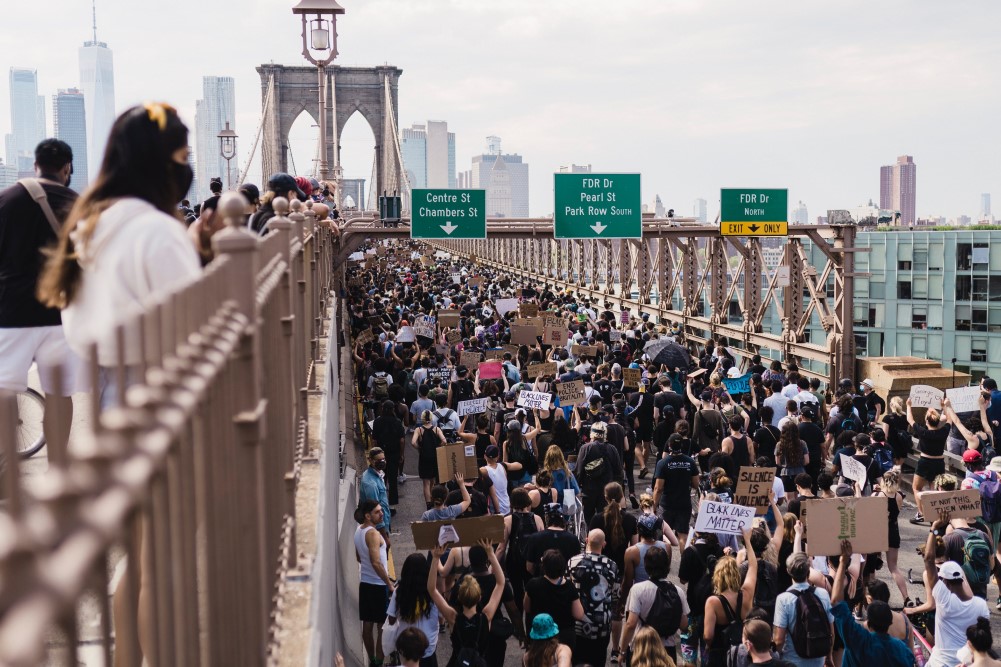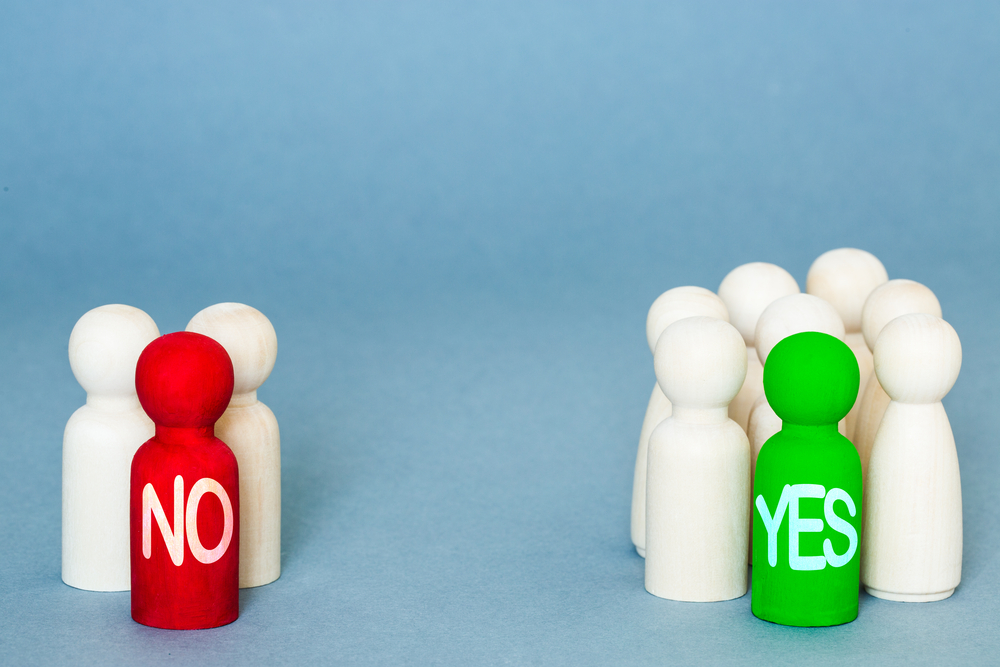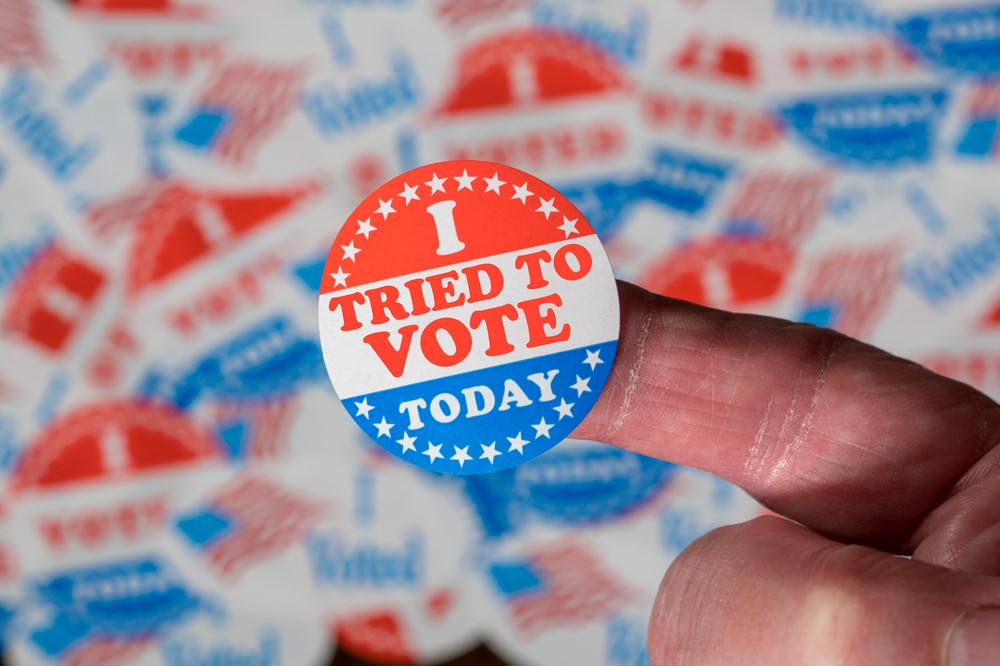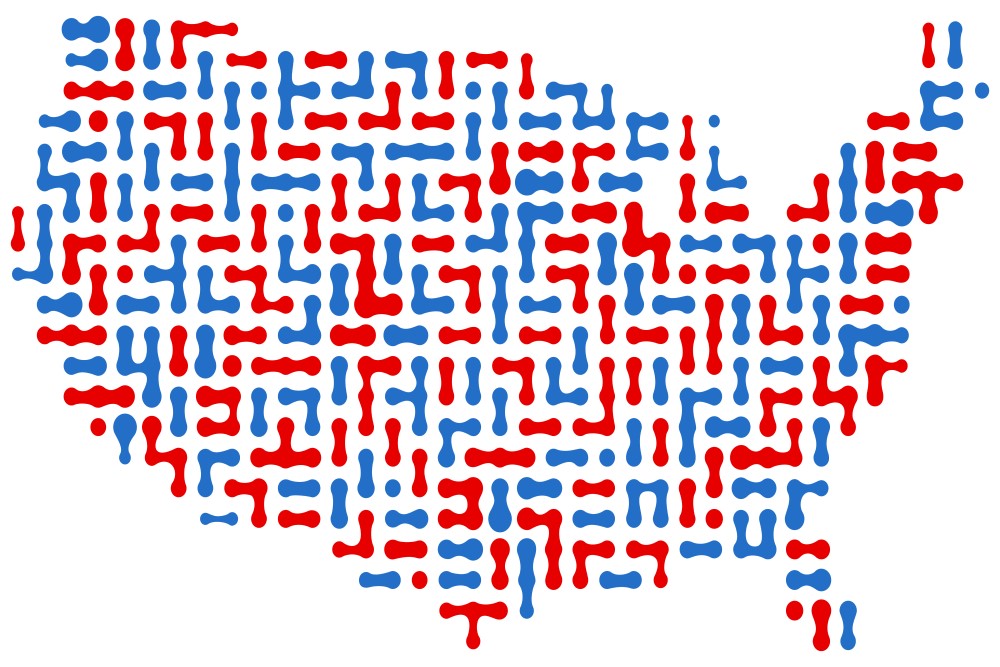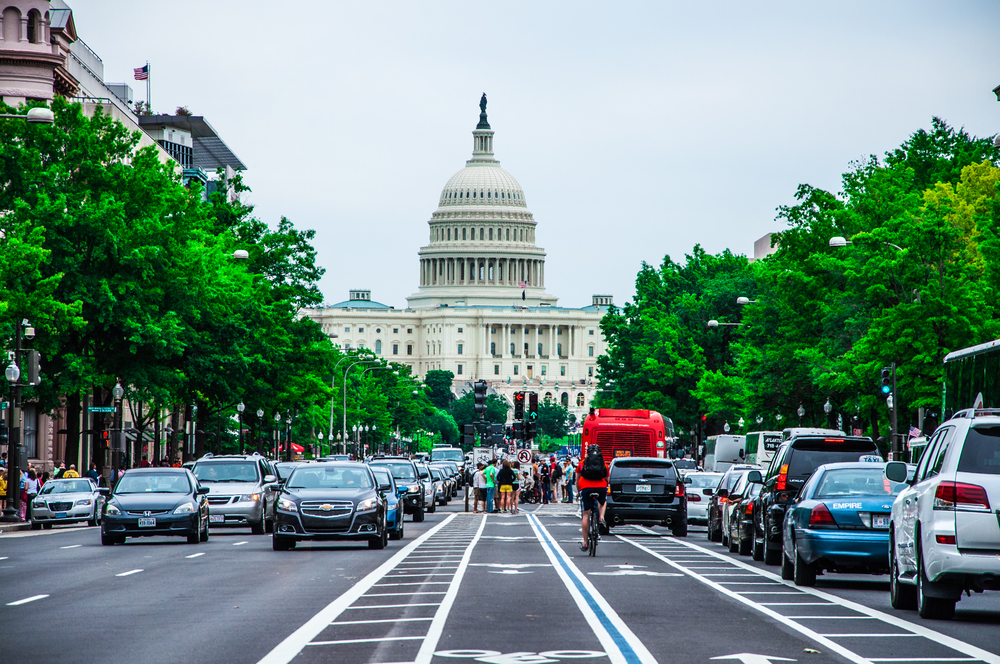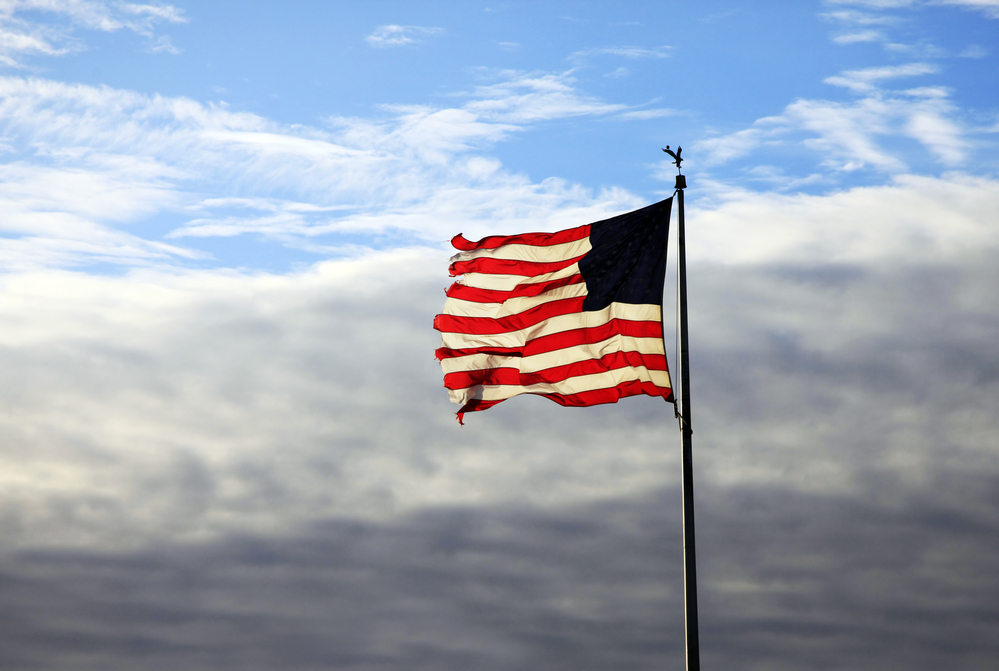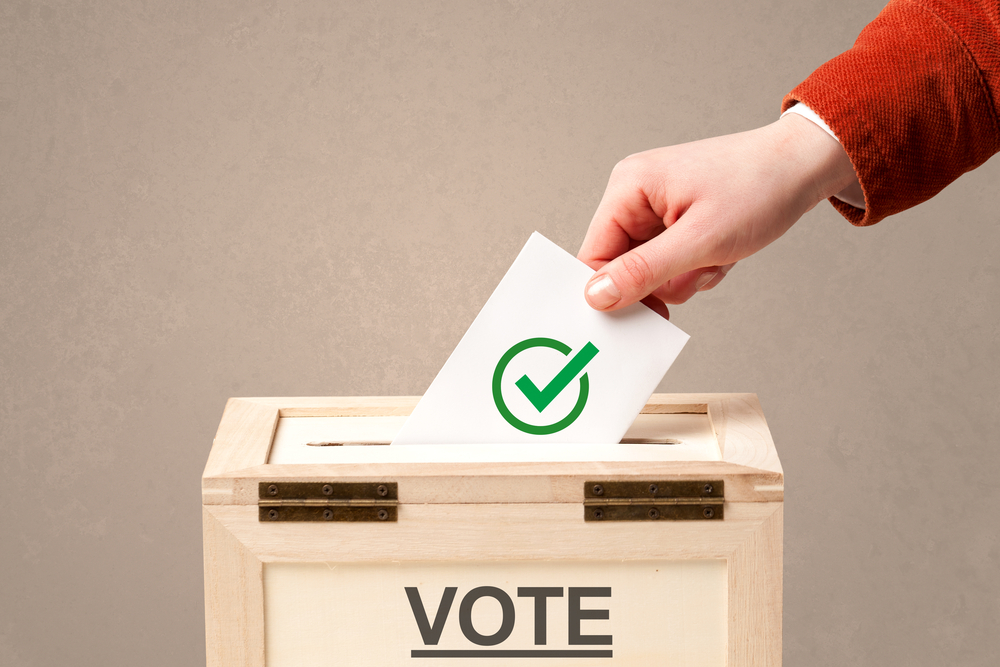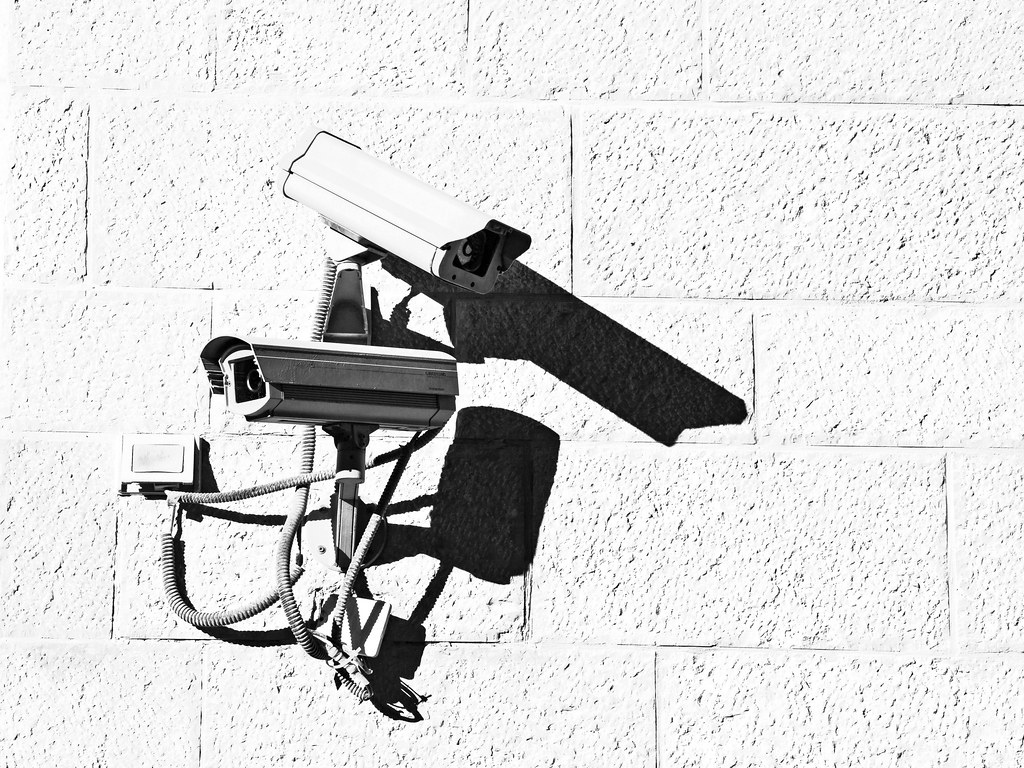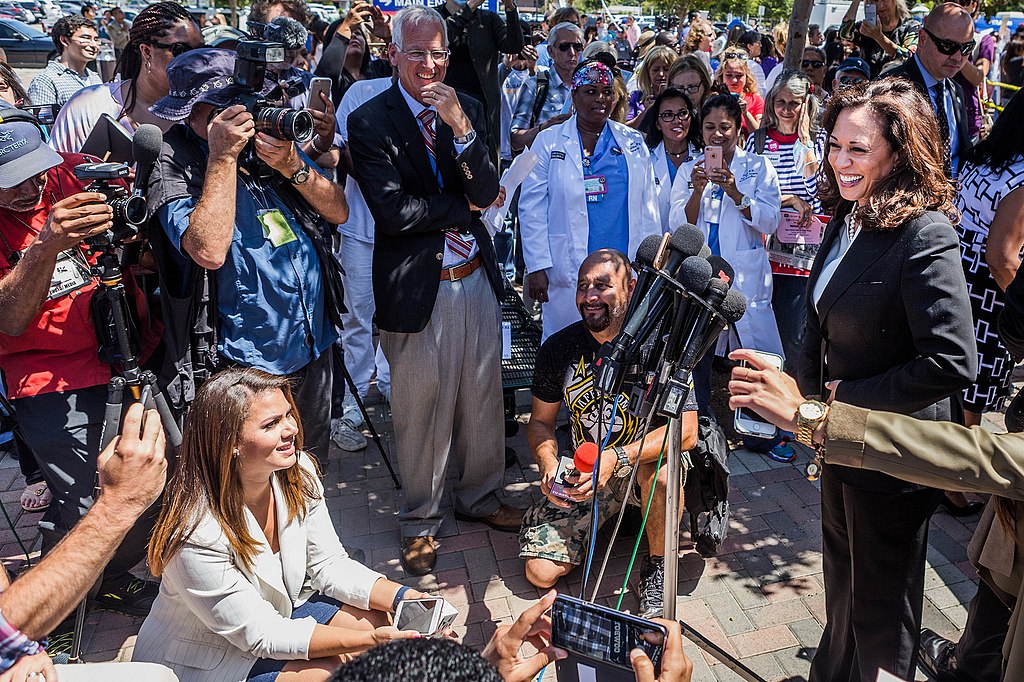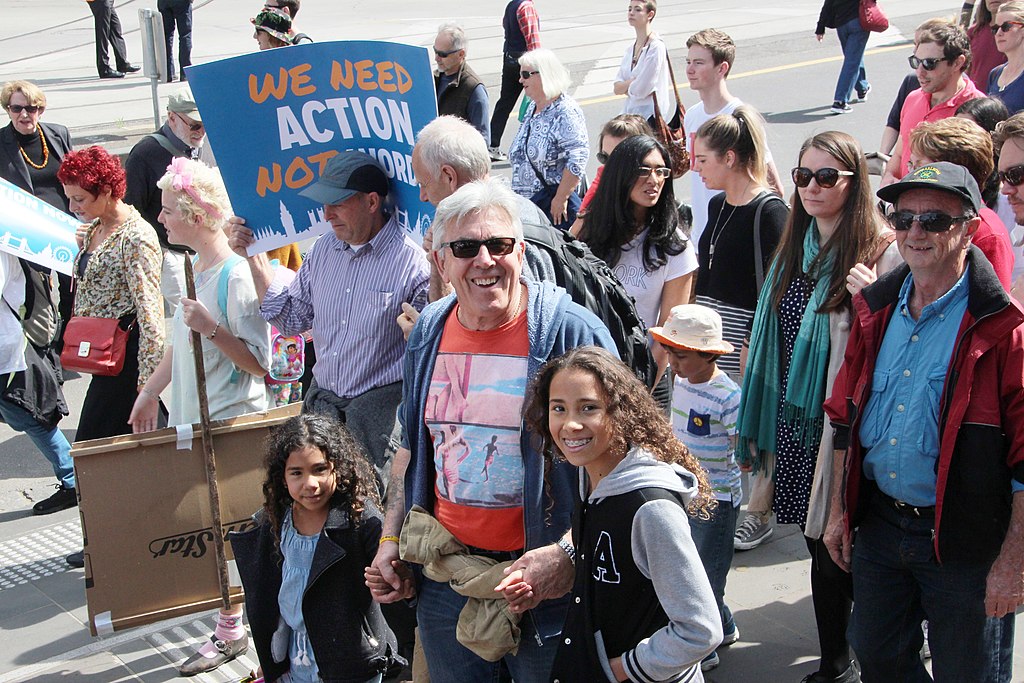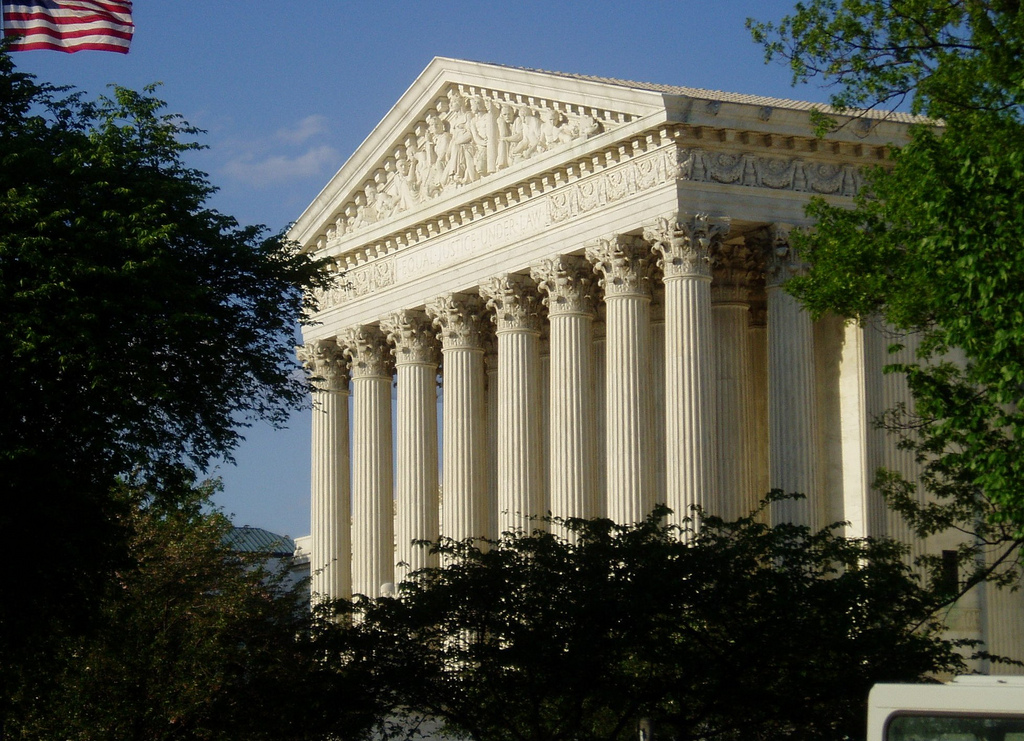This piece is part of a Considered Position series that reflects on the United States’ claim to being a “flawed democracy.” To see the earlier segments, start here.
Minority Rights
Another area where people often disagree about the nature of democracy is when it comes to minority rights. The Founding Fathers feared mob rule, the “tyranny of the majority,” almost as much as they did actual tyranny by a single despot or monarch. The Founding Fathers were classically educated; many learned Latin and Greek and were inspired by the attitudes of Ancient Greece and Rome. Both cultures used democracy but held cautious attitudes toward it. Plato, for one, heavily critiqued democracy. And the Roman Republic was highly aristocratic. They had a bicameral legislature, one house of which was wholly composed of patricians, the upper class, and one of plebians, the lower class. This was the inspiration for the US system of a Senate elected by State governments and a House popularly elected. In both cases, the government was constructed to limit the potential of mob rule.
Today, the government is critiqued from both sides. On the one hand, there are a number of ways in which minority voices are oppressed in politics. On the other, many people worry that certain protections of political minorities give those minorities undue power. Once again, people agree that minority rights should be protected, but disagree about which minorities and for what reasons.
Before jumping into concrete cases, it will be helpful to consider the different uses of the word “minority” which might otherwise cause confusion. The word “minority” can be used in two senses. A “minority” group can be one that holds the minority of political power. Or it can be a group that represents a minority of the population. Sometimes a group is a minority in both senses, but not always. Women, for example, prior to the 19th Amendment, were in the majority (as they remain today) but had no political power. On the other hand, the ultra-rich compose a tiny minority of the population and yet retain, if not a majority of political power, at least a great deal more than they would have given their share of the population. In a proper democracy, these two definitions would be inseparable. If “one person, one vote” is the principle that governs the allotment of political power, they would have to be. But, as we will see, this is not the case in our democracy.
The Electoral College
With that being said, let us consider one of the most frequently debated institutions in American government, the Electoral College. First, we’ll need to consider what exactly it is, how it was meant to work, and how it has worked in practice. Only then can we consider its value as a political institution and whether we ought to keep it.
The Electoral College is the system by which the United States President is elected. It is also an actual group of people who cast votes for the President and Vice President. This group of people is composed of “electors.” Each state sends a number of electors equal to the number of Congressional representatives they have. This is the number of Senators (always two) plus the number of Representatives (anywhere from one in Alaska to 53 in California). And, of course, DC sends as many electors as does the least populous state, as mentioned before.
Now you may be familiar with the idea that we vote to elect the President. However, this doesn’t have to be the case, and in fact wasn’t the case in some states until the mid-nineteenth century. Most states until 1812 simply had their legislatures appoint electors. State governments have full discretion in determining what electors they send and unless required by state law (as was recently decided by the Supreme Court), electors can vote for whichever candidate they want. A state could legally require their electors to vote in accordance with a coin flip.
While this may sound silly, this system did have a purpose when it was created. Like much of the Constitution, the Electoral College was the result of compromise. People on one side wanted the president to be appointed by the legislature. People on the other side wanted the president to be elected by the people directly. The people who supported the appointment of the president believed that, due to the difficulty in communicating across the country, and so due to how little each voter would know about the candidates, it would be foolish to have the people directly elect the president. It made much more sense for them to elect locals, about whom they would know a great deal more, as representatives. Those elected representatives could then travel, meet the candidates, learn more about them, and vote on the behalf of their constituents.
This purpose was retained in the Electoral College. These electors were free to cast their votes however they wished as it was assumed they might be more familiar with the candidates than the people who had elected them. Nowadays, electors aren’t so free. There are 33 states which require electors to vote in accordance with the state’s popular vote. This is for good reason: people no longer lack access to information that only an elector might be privy to.
Like I said, this system had a purpose when it was created. And there was another purpose the Electoral College had when it was created that no longer holds much weight: the Electoral College increased the power of slave states relative to free ones. How? Well, the number of electors a state gets is based on the number of representatives it has. And that number is based on the population of the state. Except, it hasn’t always been that way. At the time, slaves were not considered people, but property. Slave-owning states worried that they would have diminished political power relative to the states with more free people. So they demanded slaves be counted as people only in determining the population of the state. This was a great hypocrisy and northerners refused. Ultimately, the three-fifths compromise was developed. A slave would count as three-fifths of a person for the purposes of calculating population. But of course, they would have zero-fifths of the rights or voting power of any free man. This compromise gave slave-holding states more power in the House and in determining the president. In fact, only one president of the first five was not a slave-holding Virginian.
So then, the Electoral College was founded to account for eighteenth-century difficulties in communicating across large distances and to prop up the institution of slavery. Given that we now have the internet and have abolished slavery (outside of prisons), why haven’t we gotten rid of it? Many people today advocate for the direct popular election of the president. And this change has a great deal of popular support.
The arguments for these are fairly simple: in a democracy, each person deserves an equal vote. Every official given power should be popularly supported. In several instances, the presidential candidate who won the election was not the one who won the Electoral College and thus the presidency. Most recently, Al Gore garnered 0.5 percent more of the popular vote than George Bush in 2000 and Hillary Clinton got 2.1 percent more than Donald Trump. In fact, it is possible to win the Electoral College with only 23 percent of the popular vote, which would be very undemocratic. This, proponents of abolishing the Electoral College say, is unjust. But, there are a number of decent arguments made in support of the Electoral College. It ought not to be dismissed out of hand. We’ll discuss two of these, one bad, and one better.
A common bad argument in favor of the Electoral College is that it protects us from tyranny. It is supposed to be the “last line of defense.” If the people elect a person utterly unfit for office, or a tyrant, the electors will be justified in voting for someone else. This has never happened. In fact, electors changing their votes have never changed an election’s outcome. And, again, many electors today are prohibited from changing their votes. And even if they were not so restricted, one would have to ask, who gets to be an elector? And why should we think that person knows better than us who should be president. Either electors are themselves elected, in which case their interests will likely align with those who would elect the tyrant, or otherwise they are appointed. And if they are appointed, we must ask again, by whom? Ultimately, either the election is wholly based on the popular will or it is not. And if it is not, then unelected people are deciding our government, a proposition wholly opposed to our national values.
A better argument for the Electoral College concerns minority rights. If you remember, by free population, many slave-holding states were smaller than their free counterparts. Thus, it is possible to say “the Electoral College was created to protect the interests of small states from being overridden by larger ones.” And this is a common argument in defense of the Electoral College. While it isn’t really true in the sense that, counting slaves as people, slave states were larger than free ones, we might still think there is some good reason to protect the interests of small states. Protecting small states’ interests is just a special case of the general principle that we ought to protect the interests of minorities. Here I mean groups with minorities of political power. For example, people who cannot walk are a tiny fraction of the population. It would, however, be unjust not to provide accommodations for people with disabilities. To protect the rights of this minority, Americans with Disabilities Act (1990) was enacted. People have no control over whether they have disabilities. And likewise people have little control over where they live — to leave home is to leave one’s family and to risk one’s employment. In any case, it seems obvious that your interests should not be ignored merely because of where you live.
So does the Electoral College protect minority rights? Are small states’ interests protected in a way that they wouldn’t be under a popular election of the president? In one sense they are: small states are less “ignorable” than they would be under a popular electoral system. This is because even the smallest state has at least three electoral votes. Those 3 votes are a greater share than the total (538) than their population would be compared to the total population. For example, Wyoming has a population of around 580,000, 0.17% of the overall population, but its 3 electoral votes comprise 0.56% of the total. Still, 0.56% isn’t much better than 0.17%. And, as it turns out, small states like Wyoming are totally ignored by politicians’ campaigns even now. Actually, most states, big and small, are totally ignored by politicians’ campaigns. Since 2008, 80 percent of campaign visits occurred in less than 20 percent of the states. The reason stems from something the Founders failed to consider when drafting the Constitution: partisan politics.
We often use the phrase “partisan politics” to refer to how polarized the political parties are, to the fact that members of the two parties share very little ideologically. But the Founders failed to consider something far more fundamental, the existence of political parties themselves. See, George Washington spent a great deal of his farewell address warning against the development of political parties, saying in particular:
“They serve to organize faction, to give it an artificial and extraordinary force; to put, in the place of the delegated will of the nation the will of a party, often a small but artful and enterprising minority of the community.”
Unfortunately, parties, and in particular a two-party system, are a natural and even mathematical consequence of “winner-take-all” elections. This system of election is the one we use for all our Congressional elections and the one every state (except Maine and Nebraska) uses for allocating electoral votes in Presidential elections. To understand how a two party system and a winner-take-all system naturally go hand-in-hand, consider the following:
In the 1960s, not everyone was happy about desegregation. A significant number of people wanted strict segregation. Some were okay with looser segregation. And some wanted full desegregation. Suppose these three groups had 40 percent, 30 percent, and 30 percent support and each voted for a presidential candidate that supported their view. If they did so, then the strict segregationists would win and segregation would stay. But if those who wanted some desegregation convinced the ones who wanted total desegregation to vote for their candidate, then that candidate would win. The ones who wanted total desegregation wouldn’t have been completely happy but 60 percent of the people would have been at least somewhat happy when only 40 percent would have been happy had each group voted for their own candidate. And, we end up with only two real candidates being fielded. The same goes no matter how many groups there are; they will always make these sorts of compromises until there are two real parties.
“Okay,” you might ask, “but how does segregation relate back to the Electoral College and minority rights?” Well, as I said, electors are decided by winner-take-all elections. You get the same number of electoral votes if you convince 51 percent of a state’s population or 99 percent. There is no incentive to please everyone. Nonetheless, 51 percent can quickly turn to 49 percent. So Presidential candidates very frequently campaign where the margin of victory is small. These are called “swing states” and it is their interests that override the interests of all other states since they are the only ones pandered to by presidential candidates. Other states get little or more frequently no attention. California has the most electoral votes of any state, 55, and yet not a single post-convention campaign event has been held there by a presidential candidate since at least 2008. This minority of states dominates the majority of states.
The Electoral College also oppresses minority rights within each state. If there are two parties, with one getting 51 percent of the votes and the other getting 49, then the one getting 51 percent gets 100 percent of the electoral votes of that state. What this essentially means is that those 49 percent get no representation in deciding the president. The winning party does not have to compromise at all with the losing one. So really, in each state, large minorities of the population are having their interests overridden by the majorities.
Something important here to remember, though, is that these are problems with the Electoral College as it is. If the winner-take-all system were eliminated, there might be some legitimate defenses of the Electoral College. In fact there are a number of potential alternative voting systems. Under such a new system, small states would remain less ignorable than they would be under a popular vote system due to the Electoral College, politicians might consider their interests more closely due to the substantial political minorities in many states, and politicians might be more incentivized to moderate their positions so as to have wider appeal. As a bonus, third parties could obtain significant minorities of the electoral vote, encouraging politicians in the main parties to pay more attention to their interests (because, again the overall presidential election is a winner-take all system given there is only one president so a two-party system will still dominate).
One last point to consider is why people actually defend or oppose the Electoral College. Usually we think that people make decisions based on reasons. That is, they see reasons and then make decisions. But often people make decisions and then come up with reasons to justify their decision after the fact. Or, they are biased in judging reason by their initial preference. This is called motivated reasoning. The sorts of bad defenses of the Electoral College I have considered above seem to fall into this camp. From polls that have been conducted, the actual reason many people support the Electoral College seems much simpler: it seems to make their candidates win more.
Republicans, George Bush and Donald Trump, have won the last two times the Electoral College has disagreed with the popular vote. And after 2016 when Trump was elected, Republicans’ support for the Electoral College skyrocketed. At the same time, of course, Democratic opposition to it also greatly increased as the same poll shows. People, it seems, will preference their political “team” over their actual beliefs about democracy. Whether the Electoral College is more bane or blessing to democracy is an arguable point. But that argument should be one that precedes forming a view, not one that serves to justify it. You might ask yourself “Would I still support/oppose the Electoral College if it meant my party would lose more often, if it meant the policies I supported got enacted less frequently?” In answering this, you might come to understand whether you care more about rights and duties a certain decision respects or about the consequences that decision causes.
Gerrymandering
We have spent a great deal of time talking about presidential elections but much of the political power does not rest with the president. The legislature, Congress, is meant to serve as a check to the president’s power. Unfortunately, there are about as many problems with Congressional elections as there are with presidential elections. The most significant of these is probably gerrymandering. What we do about gerrymandering will be informed partially by how we think we can best protect minority rights. However, it will be equally important to consider whether we (and more importantly the politicians who represent us) value consequences favorable to us or respect for the rights of those besides ourselves more highly.
To discuss gerrymandering, we should first be clear on what gerrymandering is. Generally, states have more than one House Representative. And, since House Representatives are meant to represent the interests of local areas, each representative is elected from a Congressional district. Only people in that district get to vote for that district’s representative.
But, the question arises: how do we decide where the borders of each district are? Well, the first rule governing districts is that they must have at least 30,000 people in them. This rule comes straight from the Constitution. However, in practice districts all have between 500 thousand and 1 million people. That is because, as we will discuss in more depth later, the number of districts is capped at 435 and the population of the US has grown immensely since the Constitution was written. The second rule comes from the 14th amendment which guarantees each citizen “equal protections of the laws.” The Supreme Court in Wesberry v. Sanders (1964) ruled that this clause requires districts in the same state to be as close to equal in size as is “practicable.” The last rule is one the Supreme Court ruled on more recently, in Miller v. Johnson (1995): race cannot be “overriding, predominant force” in the redistricting process. Even with these rules, however, borders can be drawn in very different ways. So long as they follow these rules, state governments otherwise have total discretion in drawing Congressional district borders.
Gerrymandering is the practice of one political party in control of a state government drawing Congressional district borders such that they are more likely to remain in power in future elections. The word itself comes from an actual instance of gerrymandering, though this one was for a state-level senate: in 1812 in Massachusetts, Democratic-Republican Governor Elbridge Gerry approved a new state senate district map, biased in favor of his own party, that was shaped like a salamander. Thus, “Gerry” plus “-mander” became “gerrymander.” Gerry is remembered today because his plan worked. Many more Democratic-Republican state senators were elected even though they weren’t any more popular. So began a long history of politically-biased district maps.
Gerrymandering based on political party is very common nowadays in both Republican and Democratic states. And a vast majority of Americans of both parties agree that it should be stopped. Nonetheless, individual politicians are incentivized to create districts that will allow them to safely stay in office. So, outside of a referendum like they had in Ohio, it is difficult to stop the state government from conducting partisan gerrymandering. Unfortunately, the Supreme Court recently declined to make any restriction on partisan gerrymandering.
How do politicians defend gerrymandering when their constituencies disapprove of it? Well, as David Lewis, a Republican member of the redistricting committee in North Carolina says, “I think electing Republicans is better than electing Democrats. So I drew this map to help foster what I think is better for the country.” Assuredly, Democrats in power, such as in Maryland, would say much the same. And even if you are opposed to partisan gerrymandering in theory, since it is unfair, why would you act against what you believe to the best interest of the nation? This same question was raised before in our discussion of statehood for DC and Puerto Rico. A serious belief in democracy requires a great deal of intellectual humility: it requires you to assume that you don’t know best and that only collectively will we best approximate the right course of action. People who act in opposition to democracy may also be acting in what they believe to be the best interest of the country.
Of course, there are some better reasons for certain kinds of gerrymandering. The best kind of gerrymandering results in representation for a minority group who otherwise would have none. Consider the following: if a state has ten districts and a population that is 90 percent white and 10 percent Black, is it more just to draw district borders such that each district has the same 90/10 demographics as the state as a whole? As we discussed before, under the current winner-takes-all system of Congressional elections this would result in the election of 10 Representatives whose interests would be aligned almost entirely with the majority. Alternatively, should one district be gerrymandered so that it is majority Black, giving the Black minority the chance to have a Representative whose views align with theirs? In this case, gerrymandering leads to better representation for minorities. In fact, this is roughly the argument Supreme Court Justice Ruth Bader Ginsburg made in her dissent to Miller v. Johnson. Racial minorities often share a number of aims, beliefs, and convictions, such that they comprise a “community of interest.” There are also many kinds of non-racial communities of interest, and it might be beneficial to gerrymander districts such that these minority communities are not also always political minorities — so that they do not have their rights to representation continually abridged.
Given the enormous complexity of drawing districts and the myriad political and moral concerns that must be considered, stopping partisan gerrymandering may seem hopeless. And, indeed, it is very difficult to fix. However, some states have tried using independent commissions to draw district maps, and this has worked to make districts more competitive. Making districts competitive is important because when politicians are at risk of losing a future election, they are more likely to pay attention to their constituencies’ changing interests. Others have sought more fundamental changes to the system of electing Representatives. One popular alternative to the present system is “mixed-member proportional representation.” Under this system, voters cast two votes, one for their local constituency, and one for a party “at-large.” This way, communities of interest are respected, but the total number of Representatives from each party is always proportional to the votes cast for that party.
The biggest difficulty in stopping partisan gerrymandering is getting state government politicians, who benefit from gerrymandering, to act against their own self-interest in order to change it. People in some states can petition for a referendum and enact change that way, but the laws around referenda are varied. Even once reform is possible, however, we will have to consider the best way to assure minorities and communities of interest are adequately represented. And, we will have to be honest with ourselves about whether we care more about fairness or about getting political change that we want, even if the means of achieving it are unfair.
Congressional District Sizes
Of course, gerrymandering isn’t the only issue with Congressional elections. In fact, while gerrymandering has garnered a great deal of public attention, its harm to our democratic system pales in comparison to something that sounds most banal: Congressional district sizes.
As I mentioned before, Congressional districts have a few restrictions on their sizes. They must be larger than 30,000 people. And, they must be nearly equal in size to all of the other districts in the same state. But, beyond these Constitutional restrictions, the size of districts is mainly limited by how many districts there are.
For example, because every state must have at least one Representative, and because of the formula Congress uses to apportion the limited number of House seats, districts can have as few as around 500,000 (in Rhode Island) to as many as around 1,000,000 (in Montana). The baseline problem here is that this means a voter in Montana has half the representation, and thus half the power to enact change, that a voter in Rhode Island has. It seems highly undemocratic that some voters get twice the power of others for no other reason than where they live. And, the districts with the least per capita voting power are predominantly rural and western. Of course, the disproportionately large power of small, western, rural states in the Senate may ultimately outweigh this injustice. But, as is often said, two wrongs don’t make a right.
Even disregarding this problem of district sizes, there remains another crisis of representation. In talking about gerrymandering, we considered the importance of communities of interest. It seems beneficial to minority rights broadly if these minority communities enjoy some representation, even if that representation is much less than is afforded to the majority. They, at least, should not be ignorable. The trouble is that it’s very difficult, if not impossible, to create a single community of interest that comprises between 500,000 and 1,000,000 people. You can easily find five people who share pretty much all the same views who live fairly close to each other. And you can probably find tens of thousands of people living near one another who share many of the same views and concerns. All the people near a state-long oil pipeline might be concerned about oil spills, for example.
However, few things can be said to adequately unite many hundreds of thousands of people together sufficiently to call them a “community of interest.” We mentioned before how racial communities are sometimes grouped together this way. And, while racial groups often have some shared concerns (about racism, for example), interests can vary widely within them. Intersectionality, the recognition that people have multiple intersecting identities, means that people’s interests are unlikely to be solely associated with any one identity. And the odds of large groups sharing many intersecting identities decrease the more identities you hope that they share.
I mentioned before in our discussion of gerrymandering that the winner-takes-all system prevents political minorities from having any representation. And I suggested the mixed-member proportional representation system as a potential cure. However, what if I told you that this problem could be fixed with a change to the Constitution that was actually on the Bill of Rights itself and the only part of the proposed Constitution on which George Washington elected to speak?
First consider this question: what is the first amendment to the Constitutions and how many amendments are on the Bill of Rights? Typically, the answers given would be “the one about freedom of speech, press, religion, etc.” and “ten.” However, the original Bill of Rights passed by Congress in 1789 had twelve amendments, not ten. And, the first of these was not what we typically think: rather, believe it or not, the amendment placed first before all the rest was about Congressional district sizes. (For those who are curious, the real second amendment was forgotten about until the 1980s when it was rediscovered by an undergraduate student who researched it for a paper on which he got a C. He campaigned for its passing which occurred in 1992 when it became the 27th amendment. It concerns the prevention of Congressmen raising their own pay without an intervening election.)
This amendment, titled “Article the first” on the original document, has the following text:
“After the first enumeration required by the first article of the Constitution, there shall be one Representative for every thirty thousand, until the number shall amount to one hundred, after which the proportion shall be so regulated by Congress, that there shall be not less than one hundred Representatives, nor less than one Representative for every forty thousand persons, until the number of Representatives shall amount to two hundred; after which the proportion shall be so regulated by Congress, that there shall not be less than two hundred Representatives, nor more than one Representative for every fifty thousand persons.”
The original Constitution gave the original 13 states Representatives in a way only vaguely proportional to their populations. After the next census, this amendment would have Congress allocate 1 Representative per state for every 30,000 people. Once a total of 100 Representatives were allocated (with a population of 3 million) new Representatives would be allocated so that each state had 1 Representative for every 40,000 people. This would continue until there were 200 Representatives (with a population of 8 million). However, here begins a mystery which had never been explored until the folks at non-profit Thirty-Thousand.org did so.
If the amendment is followed to the letter, a mathematical contradiction arises. From a population of 8 million to 10 million, there are required to be at least 200 representatives but the number also cannot exceed the population divided by 50,000, a number which would range from 160 at a population of 8 million back up to 200 at population 10 million. In short, the minimum number of representatives is greater than the maximum, an illogical contradiction.
The reason this paradox occurs is that unlike the previous several clauses, the final clause uses “more” instead of “less.” The original House-passed version actually did contain “less” while the Senate-passed version differed substantially. A conference committee changed the word “less” to “more” and this was the version ultimately passed by the entire Congress. The circumstances leading to the addition of a mathematical contradiction in Article the First are quite uncertain with at least one lawsuit alleging this difference to a scrivener’s error. And it is also confusing why Congress passed this amendment and 10 states ratified it without anyone becoming aware of the contradiction. Given that Washington himself advocated a maximum district size of 30,000, this amendment only makes sense if we ignore its illogical alteration by the conference committee.
In fact, even though this amendment was never ratified (it missed the cutoff by a single state at the time), Congress more or less acted like it was for a while. The number of Congressional districts increased roughly in line with the population until the 1820s, when the number of Congressional districts plateaued. It then paradoxically shrank in the late antebellum period. The number continued to grow with the population until it was forced to stop by a Congressional act. The 1911 Apportionment Act capped the number of districts and representatives arbitrarily at 435. At this time, the US population was less than 100 million so each district represented roughly 230 thousand people. By 1929, this change was made permanent with the Permanent Apportionment Act. Both the 1911 and 1929 pieces of legislation were contemporaneously criticized. About the former Representative Edgar Crumpacker of Indiana said this:
“If we make the ratio [of persons per Representative] too large the idea of representation becomes attenuated and less definite. The personal interest of the voter in his representative becomes less important to him, and we may lose something of the vital strength of our representative form of government.”
Crumpacker was thinking about the difficulties of creating communities of interest far before the term was thought up. And later on, Representative William B. Bankhead of Alabama called the latter piece of legislation “the abdication and surrender of the vital fundamental powers vested in the Congress of the United States by the Constitution itself.”
So why did this change actually occur? Well, as the previous source indicates the US House failed to reapportion itself in 1920 due to disagreement between urban and rural representatives. Continuing to increase the number of Representatives in line with population would give the rapidly growing cities more power. Obviously, rural representatives would not approve of giving themselves less power. And, many people in general were opposed to giving the cities, which had large non-white and immigrant population, more influence. The United States was still at this point in history very much a white supremacist state.
Furthermore, as in the gerrymandering case, voting for reform requires a Representative to go against their self-interest. With every new Representative, the power of every Representative is diluted. Supposing that each Representative does actually care about at least most of their constituents, voting to increase the number of Representatives would also require Representatives to vote against the interests of those they represent.
This presents a paradox of sorts. The duty of a Representative is to act in the best interest of her constituency. But, Representatives also seem to have a baseline duty to maximize representation for all citizens. Unfortunately, to serve one duty, they must contradict their other duty. And, given that only one of these duties also serves the Representative’s own interests, say, by maintaining her personal influence over the nation, it is obvious which she will follow.
So, again, we are met with the impossible problem of having to convince politicians to give up power for themselves and to limit their chances of enacting policies they think are for the best. And, unlike with gerrymandering, there is no way to begin a referendum to enact change without consideration to the politicians. Thus, it seems unlikely that a pathway exists to stop this system which intrinsically violates minority rights.
Plus, there is at least some legitimate opposition to enacting something like Article the First. If it were passed (with the final “more” changed to “less”), the US House would go from having 435 members to having over 6,000 members. That is a huge number. It would be larger than any other legislature in the world. One bad argument sometimes made is that there simply aren’t enough chairs in the US House building for that many people. Of course, were there to be 6,000 Representatives we might simply have them stay home in their constituencies and vote remotely as has been allowed for the first time recently due to COVID-19. This would prevent legislators from growing detached from their constituencies. However, the argument goes, this would also make it difficult for Representatives to work together on legislation. People could communicate remotely, but as we have seen during the pandemic, it’s just not quite the same.
Another argument against such a drastic increase is that people are already frustrated with having “too much government” and would rather shrink the size of government. This is an appeal to the popular will. Unfortunately, polling does not bear this out. While Congress is generally unpopular, more people support expanding the House than shrinking it, especially when historical context is provided about how each Representative used to represent less than 60,000 people compared to today’s 700,000. Of course, more people support keeping it the same than increasing it or shrinking it; the status quo has its own inertia.
One other argument suggests that a large number of Representatives would increase anonymity and thus corruption. However, others argue oppositely that corruption and lobbying would occur much less frequently due to the increased cost of corrupting the process. See, if some business only needs to buy 10 votes to get the majority of the 435 representatives for their legislation to pass, and each vote costs $100,000 dollars, corrupting the process only costs $1 million. If the cost per legislator remains the same but the number of legislators increases by a factor of 10, say, to at least 4,350, then so will the number of votes they need to buy, and thus the overall cost. Corruption would be much more expensive so it might occur less frequently even though less oversight is given to each individual Representative. More likely, these opposing factors would counteract each other and corruption would remain at the same level it is now.
In a similar vein, gerrymandering may become much harder to do as districts become smaller. Lawyer and political analyst Sean Trende makes this argument in a publication for the University of Virginia’s Center for Politics. He writes:
“Think of it this way: If there are 100 residents in a state with 100 congressional districts, there is no gerrymandering possible. If there are 50 congressional districts, it isn’t impossible, but it is still difficult. If, however, there are only five districts, a legislator will probably be able to draw the lines to cluster a disproportionate number of Republicans in a single district, leaving Democrats overrepresented in the remaining districts.”
Even this argument, however, has to go up against our general intuition that 6,000 people is just too many. This is probably the biggest hurdle to any substantive change to the apportionment process. And, of course, not everyone supports the ratio of one representative to every 50,000 people. Some argue in favor of a number of representatives equal to the cube root of the population. Others use statistics to calculate the number of Representatives that would result in the minimal disparity between population and power. In any case, however, we are just stupefied by tradition. It seems like there have always been 435 Representatives even though there haven’t. And, in fact, only one large nation, India, boasts a legislature with a lower number of Representatives per population. No other OECD nation has a larger ratio of citizens to representatives. Britain, that tyrannical monarchy from which our fledgling democracy broke away, now has nearly double the amount of popularly elected legislators that we have and nearly quadruple the total number of legislators. America, then, is exceptional, but in a very negative way.
America has a minority representation problem. There are a number of ways to fix this, but all of them require significant changes to our electoral system. Whether we eliminate the Electoral College, drastically alter our system of Representative election, greatly increase the total number of Representatives, or simply reform any of these systems, we will have to go up against the force of tradition and government powers that are compelled by legitimate duties and by self-interest to oppose change. Something must be done as the lack of representation for great swathes of the population in our democracy constitutes a crisis. How we deal with that crisis will require a great deal of discussion, particularly about our values and the values we demand our elected leaders hold. The correct approach is quite uncertain. Nonetheless, if we hold the value, central to democracy, that minorities ought not always to be totally dominated by the majority, we must enact some change of some form soon.
Continue to Part III

